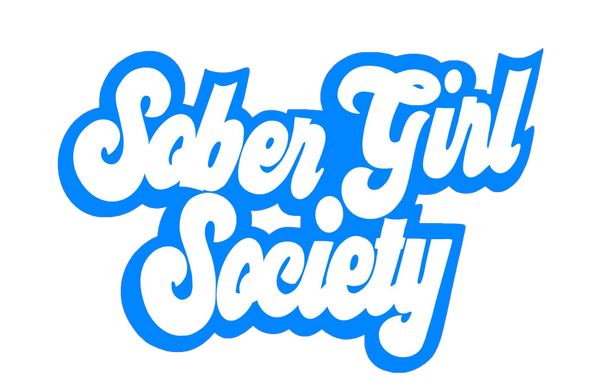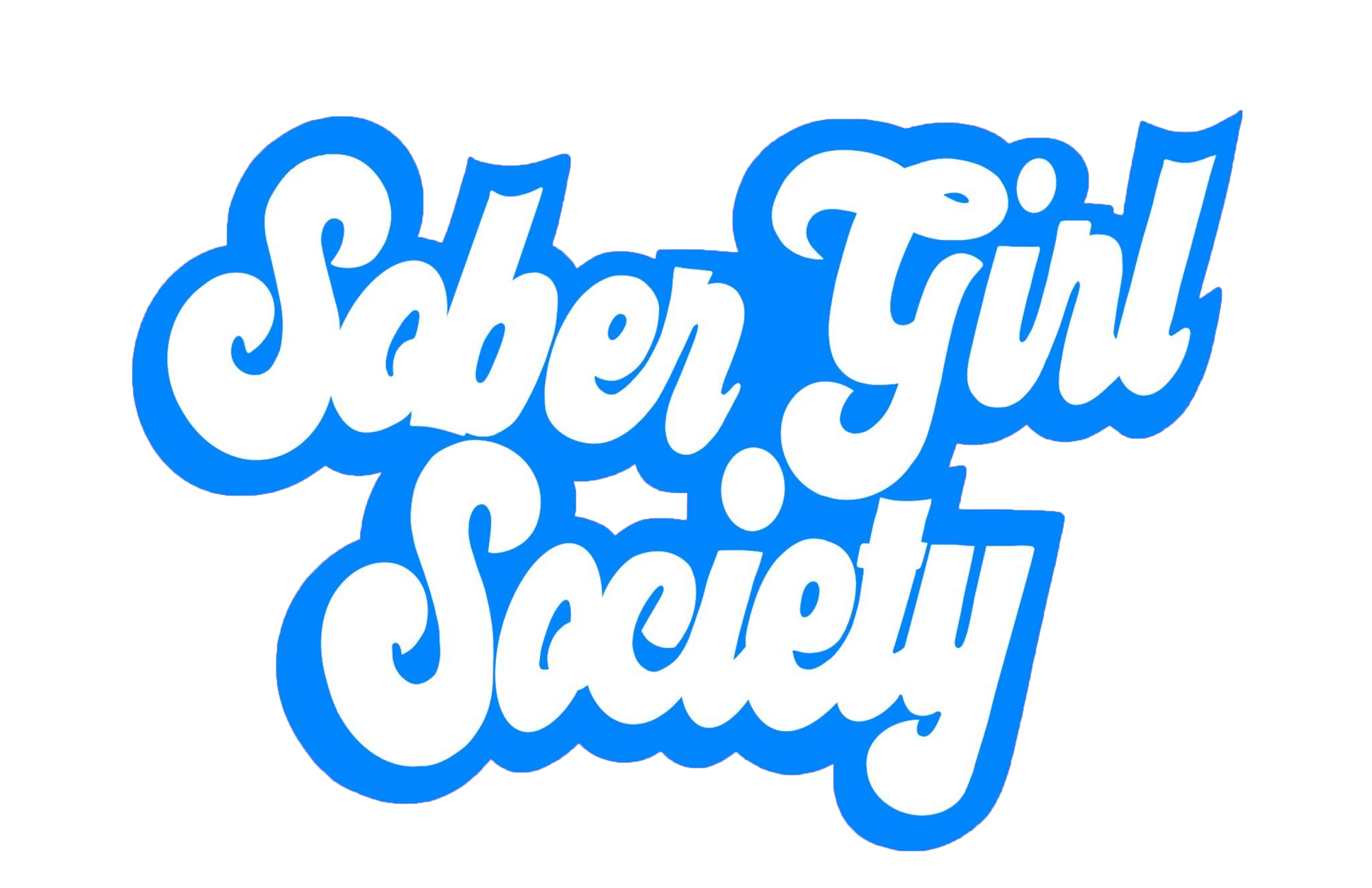Invest in rest: Navigating productivity culture in sobriety

When I got sober, I felt like I had a new lease on life. Gone were the days of crippling hangxiety and shame and alcohol-induced sickness that drained my time and money. Laid out before me were a succession of blissful weekend mornings shimmering like a ripe summer fruit. I had entered a new world where time was limitless, and what I could achieve within that was even more so.
When getting sober, a big pro to consider is having more time on your hands. If you don’t spend all weekend rotting in bed hungover you can start a new hobby or project, get to the gym, and become the best you you’ve ever known. The time acquired in sobriety is illuminating, it can open a world of opportunities. You can ride this high (sober, of course) for a while, but navigating all the new-found time you have on your hands is tricky.
Productivity culture, being on the grind. It permeates our work life, our Instagram feed, and our perception of ourselves. Bombarded with motivational speeches, TED Talks, and #mondaymorninginspo, we’re never short of something to work toward. It’s in our biological makeup to strive for something.
Systemically, this unique human need for advancement has been capitalised on. With the standardization of a 40-hour week and many job roles offering a scant amount of paid leave, there is a huge cultural capital placed on working hard. That if you’re working hard, you’re worth something. And whilst it is important to set goals and achieve them, the constant tirade of grind culture we find ourselves existing under threatens and devalues the importance of rest – especially in sobriety.
It’s as if the time you can now save up like pennies in a piggy bank is only valid, only worth something if it’s utilised. You feel like, when you drank, you wasted so many days in bed that you vow not to go back, to carelessly spend any more time. Now you’re sober, you need to make up for the time when your life was solely centred around alcohol.
And so, when we find ourselves sober and wanting, needing rest – curled up on the couch reading a book, catching up on sleep, bingeing a healthy 10-episodes-per-season TV show – feelings of guilt and anxiety can creep in. An overarching fog that lingers over the TV screen or the book on your lap.
I’m all too familiar with it myself. In early sobriety, I was fuelled by the lack of toxins and all the time I was saving. I felt unstoppable, until I became just that. My hobbies were no longer an enjoyable pastime or an escapism, they were only worth my time if I could extract something ‘productive’ from them. A slow Sunday morning didn’t feel very slow when my heart was pounding from pressure to use the time wisely - as if my sobriety only meant something if I was spinning gold from it.
Sobriety gives you time, but that time doesn’t have to mean running endlessly on a hamster wheel to prove your sobriety is the right decision because you’ve accomplished x, y, and z. Sobriety is about reflecting, restructuring, and remembering who you were before alcohol, and who you can be after. The tools you will develop will allow you a knowledge and confidence to know that your sobriety is the best decision for you, anything else you achieve an added bonus.
One of the joys of sobriety is feeling like you can take on the world. If you can get through nights out, weddings, Christmas surrounded by drunk people, you can do anything; right? You can, but you need a break from it, too. It’s a cliché, but you can’t run on empty. That fact doesn’t change just because you’re sober. Dealing with the complexities of modern life is tough enough, especially without the drink to dull it all.
It’s a radical decision to go sober in a culture saturated with alcohol. It’s radical too, to deny systemic structures that keep us all grinding until we come to an exhaustive halt – even if it’s for a day. It’s definitely radical to put rest first when the world is demanding so much from you, all of the time.
Sobriety is a mighty task; it takes work whether you’re one day in or 10 years. It is hard work. And despite all the time, money, hobbies, and achievements I have garnered in sobriety, what is crucial to me is the self-respect and the self-love I have attained. It is the most valuable currency I own, and central to that respect, that love, is not just taking time out for myself, but feeling valid, assured, and confident in that rest.
So, if you can carve out some time to rest, consciously and joyfully, here are some tips to navigate any guilt if it crops up:
1. Invest in rest! Make it a top priority. Shift the perspective that for something to be worthy it must be ‘productive.’
- Redefine that word for yourself. Laughing with friends, deep breathing, a lazy morning in bed, losing yourself in something fun: they are all productive. Ironically, much more so than overwhelming to-do lists.
- Read books on resting and use quotes to create mantras. Allow yourself to come to terms with the acceptance of doing nothing. Some great books I have found are ‘Wintering’ by Katherine May and ‘How To Do Nothing’ by Jenny Odell.
- Interact with a sober community that understands how integral rest and recuperation are to your sobriety (Abi Feltham on Instagram is my favourite!).
2. Mother yourself: A trick I learned from Holly Whittaker (author of the amazing, ‘Quit Like A Woman’) to nurture yourself like a mother would her infant.
- Listen to your needs and respond to them with care. Eat a big bowl of comfort food, sleep in. Do things you know soothe you and don’t make excuses for looking after yourself.
- Also, give yourself a pat on the back. Praise yourself like a proud mum would.
3. Gratitude: a muscle you can exercise frequently that helps you to recalibrate. Use it when you’re feeling overwhelmed, anxious, lost, or happy and proud of yourself. Any of the feelings!
- Feel like you did nothing all day? Write down three things you’re grateful for, three things you have. Maybe write down three things you’ve achieved so far in your sobriety. Your headspace will be all the more richer for it.
Most of all, express gratitude for your sobriety. It is your work that allowed you this day to toy with the idea of what to do with it. If all you did was stay sober today, you’re moving mountains.
Written by Lauren Chadwick
Lauren is a freelance writer from Manchester. She writes long-form articles that explore feminism, education, mental health, and social-class inequalities in the UK. She has a special interest in the arts and culture sector, writing reviews for music magazines and book and film analyses on her personal blog.
You can find her writing here.











